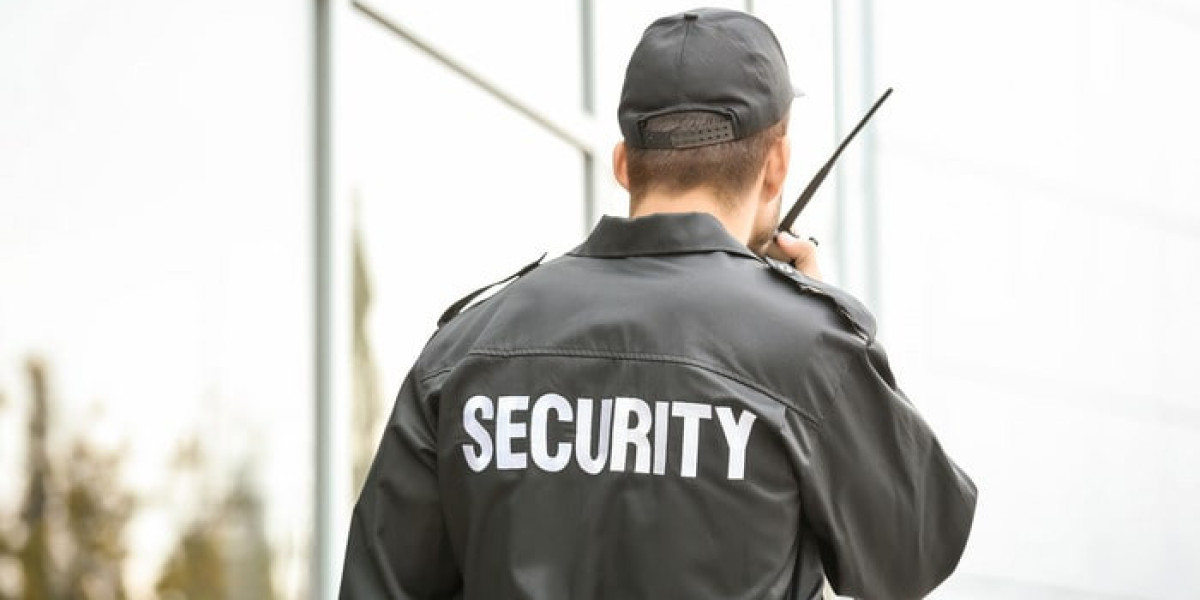Retail security guards play a crucial role in maintaining the safety and security of stores, shopping malls, and other retail establishments. While they are the first line of defense against theft, vandalism, and disturbances, they often need to work closely with law enforcement officers to ensure effective crime prevention and response. This collaboration between retail security guards and law enforcement agencies is essential for keeping customers, employees, and business assets safe. In this article, we will explore how retail security guards work with law enforcement and the importance of their partnership.
The Role of Retail Security Guards:
Retail security guards are responsible for preventing theft, ensuring customer and employee safety, and maintaining order within a store. Their duties typically include monitoring surveillance cameras, patrolling the premises, checking receipts, responding to security alarms, and de-escalating conflicts. These guards may also conduct bag checks, enforce store policies, and detain suspected shoplifters until law enforcement arrives.
Although retail security guards play a significant role in crime prevention, they often lack the authority to make arrests or conduct thorough investigations. This is where law enforcement officers step in to provide additional support.
How Retail Security Guards Collaborate with Law Enforcement:
Reporting Crimes and Suspicious Activities:
One of the primary ways retail security guards work with law enforcement is by reporting crimes and suspicious activities. Security personnel are trained to recognize potential threats, such as shoplifting, fraudulent transactions, and aggressive behavior. When they detect such incidents, they promptly notify the police, providing detailed descriptions of the suspects, stolen items, and any relevant evidence captured on surveillance footage.
By sharing this information, security guards help law enforcement respond quickly and efficiently, increasing the chances of apprehending criminals before they leave the premises.
Detaining Suspects Until Police Arrive:
In cases of theft or disorderly conduct, retail security guards have the authority to detain suspects temporarily. However, their ability to do so is limited by local laws and store policies. Security personnel must use reasonable force and avoid excessive restraint when holding a suspect.
Once a suspect is detained, the security guard immediately contacts law enforcement, providing details about the incident. Police officers then arrive to take over the situation, formally arrest the suspect if necessary, and proceed with legal action. This cooperation ensures that crimes are handled legally and efficiently.
Providing Evidence for Investigations:
Retail security guards often collect valuable evidence that can assist law enforcement in their investigations. Security camera footage, eyewitness accounts, and written incident reports are crucial in building a strong case against criminals.
For example, if a store experiences a string of shoplifting incidents, security footage can help law enforcement identify patterns and potential repeat offenders. In cases of violent incidents, testimonies from security guards can provide critical details that aid in legal proceedings. By sharing these resources, security guards contribute to successful investigations and prosecutions.
Coordinating Emergency Responses:
In emergencies such as armed robberies, assaults, or medical crises, retail security guards must act swiftly while coordinating with law enforcement. Their primary responsibilities include securing the crime scene, assisting injured individuals, and guiding customers and employees to safety.
Security guards may also help direct police officers to the exact location of an incident and provide them with preliminary information before they take control of the situation. This level of coordination ensures that emergency responses are carried out efficiently, minimizing harm to people and property.
Participating in Crime Prevention Programs:
Many retail security teams collaborate with law enforcement agencies on crime prevention initiatives. These programs include security awareness training, crime prevention workshops, and loss prevention strategies tailored to retail environments.
Law enforcement officers may visit stores to educate security personnel on recognizing common retail crimes, such as organized retail theft, credit card fraud, and counterfeit money scams. By working together, security guards and police officers create a stronger security presence that deters criminals from targeting retail establishments.
Assisting with Crowd Control and Special Events:
During busy shopping seasons, promotional events, or Black Friday sales, retail security guards often require additional assistance from law enforcement to manage large crowds. The presence of both security personnel and police officers helps maintain order, prevent stampedes, and deter opportunistic criminals.
In some cases, security guards and law enforcement work together to establish clear entry and exit points, monitor customer behavior, and respond to any disturbances that arise. This cooperation ensures that events run smoothly and safely for everyone involved.
The Importance of Strong Security-Law Enforcement Partnerships:
A well-established relationship between retail security guards and law enforcement benefits both parties and enhances overall community safety. By working together, they can respond more effectively to incidents, reduce crime rates, and create a safer shopping experience for customers.
Security guards act as the eyes and ears on the ground, providing real-time information that law enforcement can use to address crimes swiftly. In turn, police officers bring their legal authority and investigative skills to ensure that justice is served. This partnership fosters a sense of security among customers and employees, making retail spaces safer for all.
Final Thought:
Retail security guards and law enforcement officers play complementary roles in protecting businesses from crime and ensuring public safety. Through reporting crimes, detaining suspects, providing evidence, coordinating emergency responses, and participating in crime prevention programs, security guards enhance law enforcement efforts. By fostering strong working relationships and maintaining clear communication, retail security personnel and police officers can effectively combat theft, fraud, and violence in retail environments. As retail crime continues to evolve, their collaboration remains essential in keeping businesses, employees, and customers safe.








